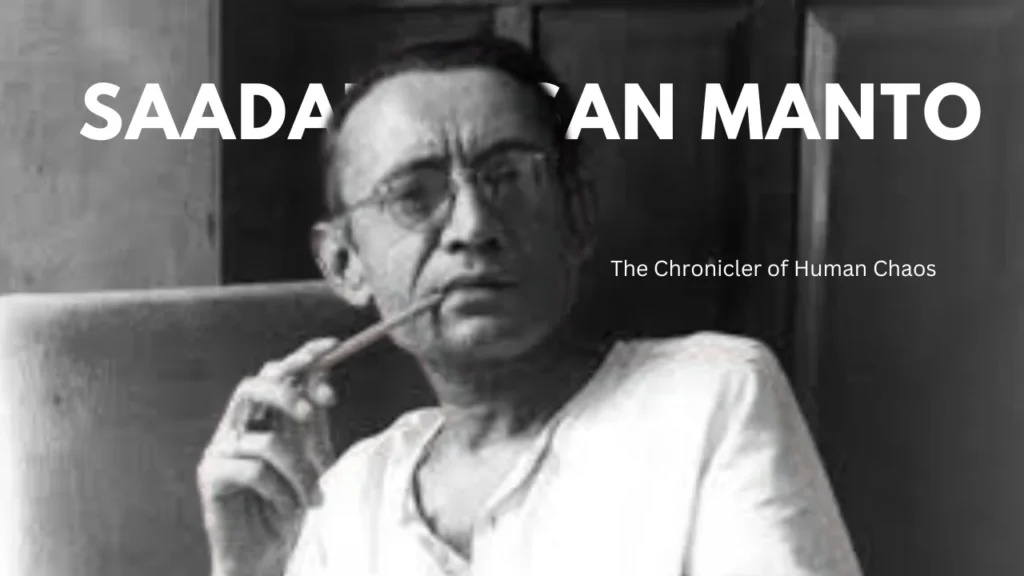
Saadat Hasan Manto: A Voice for the Voiceless
On January 18, 1955, Saadat Hasan Manto left the world, but his stories continue to resonate deeply. Known for his stark portrayal of Partition’s horrors, Manto’s work remains a poignant reminder of human fragility in the face of chaos.
The Power of Toba Tek Singh
Many Indians first encounter Manto through Toba Tek Singh, a story that explores the transfer of asylum inmates between India and Pakistan. Bishan Singh, the protagonist, symbolizes the disoriented humanity caught in Partition’s madness. Without explicitly naming “Hindu,” “Muslim,” “India,” or “Pakistan,” Manto captures the essence of displacement, confusion, and loss.
A Life Shaped by Literature
Born on May 11, 1912, in Ludhiana, Punjab, Manto began his career translating Russian and French literature into Urdu. As a student at Aligarh Muslim University, he joined the Indian Progressive Writers’ Association, which encouraged writers to engage with social realities. This foundation led him to craft stories, radio plays, and essays that shed light on the complexities of human life.
Narrating the Violence of Partition
Manto’s narratives avoid binary oppositions or political commentary. In stories like The Return and The Assignment, he captures the chaos of Partition with detachment. This approach intensifies the reader’s experience, emphasizing the immediacy and brutality of the events.
For example, in The Return, Sirajuddin’s search for his daughter ends with a devastating revelation. Without overt moral judgment, Manto lays bare the violence, leaving readers to grapple with its raw impact.
Beyond Political Context
Manto’s refusal to take a political or ethical stance makes his stories universal. His detachment transforms Partition’s horrors into a broader commentary on human vulnerability and resilience. His works depict a world where roles of victim and perpetrator blur, creating a haunting reflection of human nature.
Legacy of a Literary Giant
On his death anniversary, Manto’s stories serve as a powerful “alternative historiography.” They confront the trauma of Partition not as a nationalist narrative but as fragments of human suffering and resilience. His work resists simplification, reminding us that history is not just dates and events but lived experiences.
Saadat Hasan Manto remains a timeless voice, urging us to reflect on humanity’s darkest moments and find the individual stories within the chaos.
for more updates follow ANN MEDIA on facebook , X , Instagram and Linkedin







